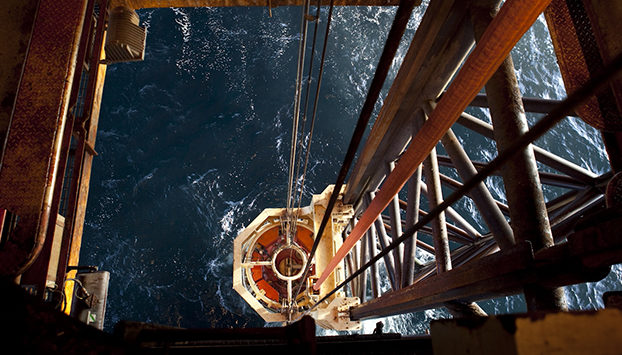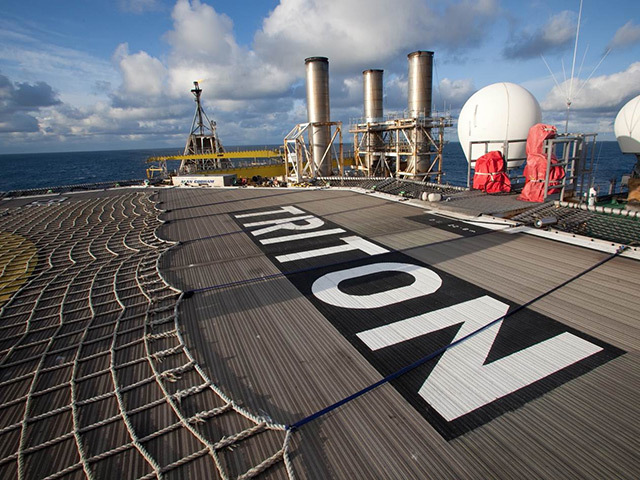
Oil traders may send a record amount of crude from the North Sea to South Korea this month, amid signs that refining rates in the Asian country are surging.
Three tankers each able to ship 2 million barrels of oil have been hired to load the North Sea grade Forties so far in June, according to six shipbroker reports compiled by Bloomberg. That could rise to four if another vessel, provisionally booked for late this month or early next, ships its consignment by the 30th. South Korean data show the country hasn’t imported 8 million barrels of North Sea oil in a single month since at least 2000.
Slumping oil prices are helping to drive up refining margins in the Asian country, lifting processing rates to the highest since at least 2011 this year, according to estimates from JBC Energy GmbH, a Vienna-based consultant. That’s strengthening demand for oil from the North Sea, the location for the global benchmark Brent, because South Korea subsidizes some shipping costs and has a Free Trade Agreement with Europe and Norway for crude.
“South Koreans right now are processing at extremely high levels, significantly higher year on year because the margin environment is favorable,” Eugene Lindell, a senior analyst at JBC, said by phone on Friday. “They’re taking more crude from all over the place.”
The refining margin in Asia, an indicator for South Korea, is set to rise to $6.77 a barrel this quarter from $4.98 a barrel in the same period a year ago, according to JBC Energy’s Singapore cracking margin index. Refiners in the country are set to process 2.8 million barrels a day in July, according to JBC Energy. That’s close to the 10-year record set in February, according to the firm’s data.
Spot Search
Oil refiners across Asia are increasingly turning to the spot market to purchase cargoes, pressuring producing nations that rely on long-term sales contracts, according to interviews with company executives and data compiled by Bloomberg.
South Korean refiners are taking advantage of a glut in North Sea and West Africa crudes that has put pressure on prices, according to Lindell
The free trade agreement with Europe eliminates duties on crude imports, Amrita Sen, a London-based oil analyst at Energy Aspects Ltd said by e-mail. A 90 percent freight rebate is also available for a portion of the route from the North Sea to the Asian nation, according to Lindell.
South Korea imported 7.2 million barrels of crude from the U.K. in January last year, which was the most for a single month in data that start in 2000, according to data from Korea National Oil Corp. It didn’t get any from Norway that month.
The supertankers have all been booked to collect the grade Forties, one of four that makes up a global benchmark. The others are Brent, Oseberg and Ekofisk.
“You can expect large volumes of Forties or North Sea flowing to East Asia,” Deshpande Abhishek, an oil analyst at Natixis SA in London said by e-mail on Friday.
Recommended for you
